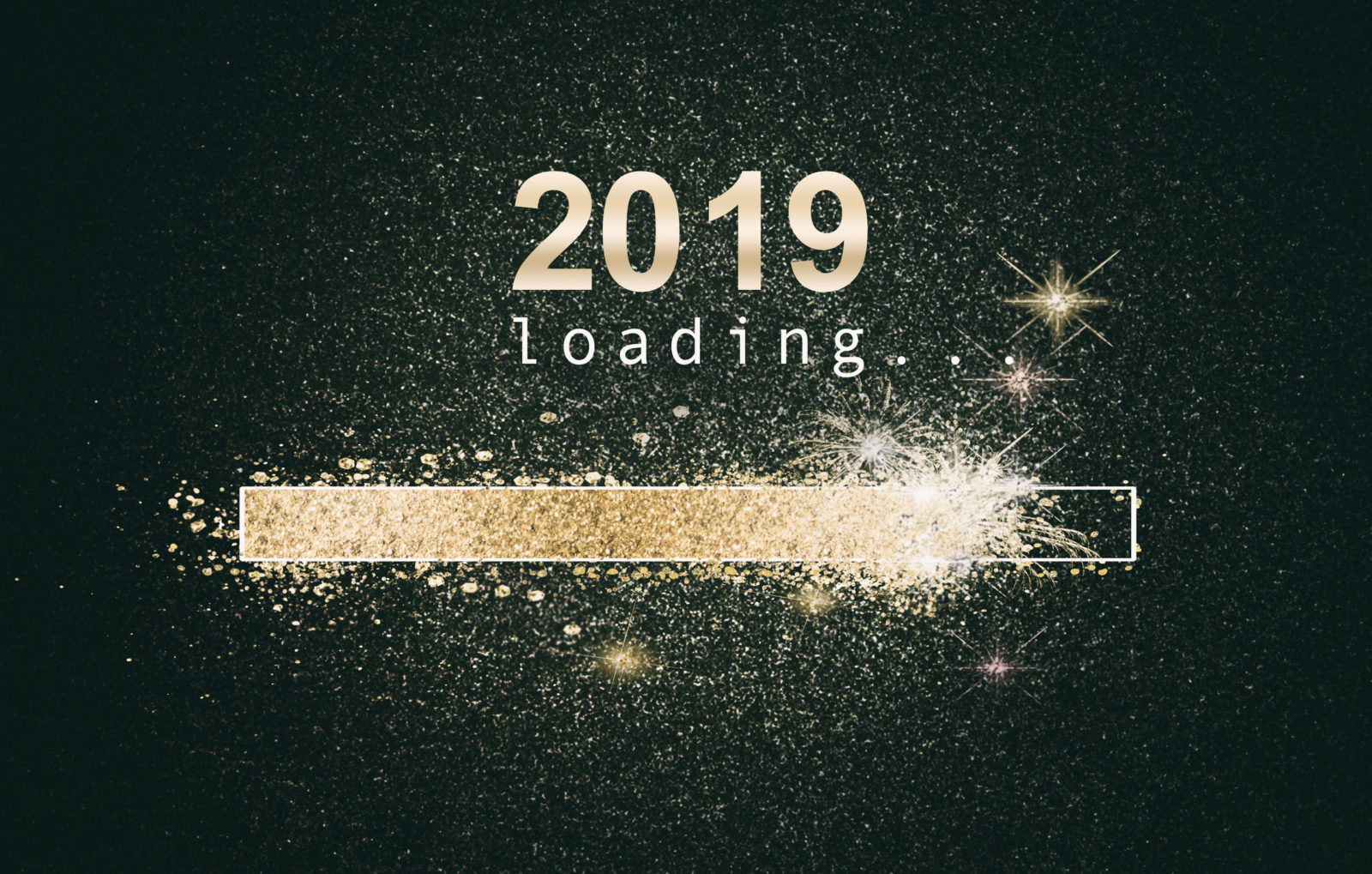Happy New Year from Christian!


The new year is a time where many people reflect backward plan and plan forward.
Here is a different way to go about this process. You may find it more helpful.
How to Look Back
When taking stock of the previous year: What was accomplished (or not), what was experienced (or not), what unanticipated joys (or challenges) did we face?
For many, it is often easy to focus on the gap between what was desired and what was realized.
It is useful to consider that gap and try to learn from it: Were the goals reasonable? Are those goals still meaningful? Was there something we could have done differently to accomplish them? What should we start, stop or change this coming year if those goals are still important?
But focusing only on the gap can cause us to miss out on gratitude. Gratitude reshapes the entire reflection process. It is an active effort to see good in the past – even in difficult years.
There are many great values in practicing gratitude in this way. It allows us to build an inventory of successes or “positives” that we can later use to build on. It allows us to enjoy the fruits of hard work. It reduces stress. It allows us to enjoy some level of contentment and peace.
It’s easy to miss all of that, merely because we neglect to be grateful.
What happened over the last year that you are grateful for? What good things happened in:
- your business?
- your relationships?
- your emotional life or growth?
- your spiritual life?
- your health or fitness?
Additionally:
- What great experiences did you have?
- What challenges did you overcome?
Be abundantly grateful. It allows you to enjoy what you have. Without seeing the good in our lives, how else can we enjoy it?
How to Look Forward
Many people set goals. Many clients begin the year with new strategic plans. Many people have new resolutions. These are good practices. I do this myself, and I recommend it.
But what do those goals mean to you?
- What does increase your bottom line really mean?
- Why is it important to you to lose weight?
- What makes dropping that one problem habit significant?
- How does improving your social life matter?
- Why is any particular accomplishment valuable to you?
I suspect that any of these goals: (Getting to the gym regularly, eating better, making (or saving) more money, etc.) are all symbolic of deeper desires.
Probably one of these three:
- To feel significant: To feel that we are valued, respected, loved or admired by others.
- To feel safe or secure: To feel confident financially, relationally, in our health, our physical safety, etc.
- To feel satisfied: To feel contentment, at peace and happiness.
Each of these underlying desires is valuable, healthy and important. But if we aren’t aware of what we want, it’s harder to achieve those things. It is also easier to use the success metrics of others to
I may want to earn more this year. That may be driven by a desire to be seen as successful. However, it is more than likely that if I do earn more, I will still feel like I’m not quite succeeding to the degree that I should.
There is nothing wrong with wanting to earn more. Or to lose weight.
But by being honest, and clear, about what those things mean to us, we can better understand the work we need to do to evaluate and accomplish our desires.
By all means, let’s all have a 2019 of prosperity, health, and friendships. But make sure that your stated goals will meet your deeper needs. Or else you’ll be successful and still feel empty.
I’m grateful to all of you. Thank you for your interest in leadership, for your comments and input.
I wish you all a healthy, happy and prosperous New Year! Let’s look forward to what it brings.
Take good care,
Christian
Categories
Get Christian’s Newest Book: Train to Lead

Download my free 10-page eBook:
How To Accomplish More Without Doing More:
Eight Proven Strategies To Change Your Life
Discover how to save eight hours during your workweek-even if you're too busy to even think about it. The resource every maxed out executive needs.